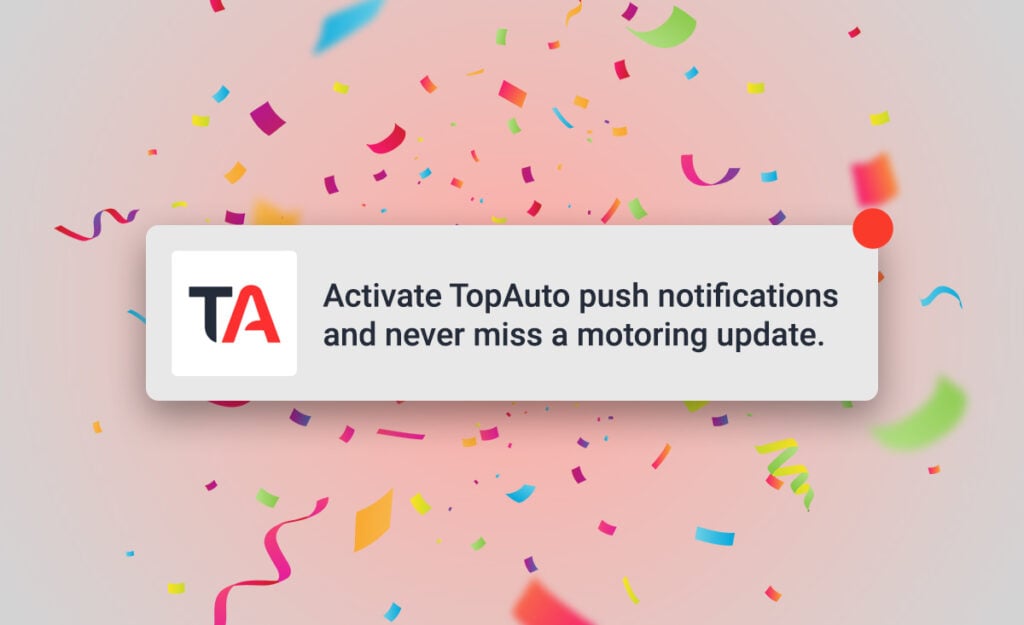
The Minister of Transport Barbara Creecy this week confirmed to MoneyWeb that she has received the final report from the Auditor-General (AG) on the investigation into alleged irregularities surrounding the awarding of the new driver’s licence card provision contract to French company Idemia Identity and Security.
The minister vowed that she will at the very least publish the executive summary of the report to the public once she has completed studying the complete document.
“I have undertaken that I will release at least the executive summary of that report from the AG in public and, obviously, I will also need to be in a position when I release it to say that the recommendation is 1, 2, 3,” she said.
The transport minister has asked the AG to determine whether:
- Idemia was the most affordable option
- The supply chain management prescripts were done according to procedure
- Idemia’s technical capacity and ability to meet deadlines were adequately considered during the tender process
- Measures have been taken to secure personal data, given the information and security features involved with the new driver’s cards
- Local services providers, including ones contracted by the Government Printing Works, were considered, and why they weren’t selected
Should the AG’s findings reveal no irregularities, it’s expected that the Department of Transport (DoT) will go ahead with the rollout of the country’s new driver’s licence cards through Idemia.
Red flags
The DoT first announced in September 2024 that it had selected Idemia as the preferred bidder for the production of the new driver’s licences out of a shortlist of five prospective companies.
Idemia was set to enter into a service-level agreement with the department before commencing with the work to put in place the required infrastructure and systems.
The announcement quickly caught national attention and within 24 hours, several industry stakeholders voice their opposition against the selection of Idemia.
For one, the Automobile Association (AA) questioned why the Government Printing Works had not been considered the sole provider of this service given that it performs government’s security printing function.
Additionally, it highlighted that the appointment of Idemia came less than a week after Airports Company South Africa prematurely terminated its contract with the company for Automated Border Control services.
Likewise, the Organisation Undoing Tax Abuse (Outa) sounded the alarm on alleged serious irregularities surrounding the awarding of the tender to Idemia.
Outa highlighted that the tender appeared to have been manipulated to ensure that a particular party won the bidding.
“This included repeatedly issuing, withdrawing, and reissuing the tender, along with three extensions of the price validity period, which is highly irregular and discouraged by Treasury’s procurement guidelines,” said Outa.
“The Driving Licence Card Account (DLCA) ran the tender on three occasions between 2021 and 2023, withdrawing it and re-issuing it, without providing the details and reasons for cancellation of each tender in a transparent manner.”
At least 25 companies attended the initial DLCA tender briefing, with only five submitting their bids by the time the last application was opened. This suggests that the process was opened and cancelled to narrow the pool of candidates, said Outa.
In addition, the DoT has been criticized for the ballooning cost of the licence card printers, as the department’s budget was initially indicated to be R468 million.
Now, the DoT claims that it will need an astounding R1 billion to procure three card printing machines for South Africa, more than double what it previously reported.
While the AG’s investigations was ongoing, Outa has been busy collecting its own evidence in an effort to prove that the tender process was manipulated to secure a specific outcome.
When a tender is issued, companies are required to undergo three evaluations before they can be eligible for the role.
The first step checks that the applicant can adhere to administrative procedures, such as having the correct tax clearance, competency, and management structure.
Should the bidder pass this stage, it is subjected to a technical evaluation that awards points based on whether it capable to do the work it is applying for. The maximum score is 30 points, and a company needs at least 24 points to be eligible.
Outa alleges that there were already discrepancies at this stage of the process, as several bidders were turned down despite meeting the technical requirements to be considered.
The final step of the evaluation then sees the various bidders submit their cost proposals, which are meant to be concealed before this point.
However, Outa stated that several applicants came forward with evidence that their pricing documents had been opened and tampered with, indicating that the organizers were manipulating the submissions to ensure that a specific bidder was ultimately selected.
“The DLCA was doing everything in its power to wear down and whittle out people in whichever way they could,” said Outa.
In addition, the process also deviated from the National Treasury’s guidelines with three price validity period extensions, which tell the applicant how long their bid must remain valid, helping them to set their bids accordingly.
The result of these actions is that, while at least 25 companies applied for the initial DLCA tender, only five submitted bids by the time the final application was opened.
DoT spokesperson Collen Msibi said that should the AG’s findings reveal any funny business, Treasury will decide the way forward.
“If they investigate and they find certain things, [the DoT] has to be guided by Treasury on what happens next,” said Msibi.
It’s a case of innocent until proven guilty, he said.









